Should writers be sweating the adverb?
I recently read a prominent author’s top three writing tips and one of them was that old chestnut, “don’t use adverbs.” Top three! Out of all the writing tips in the world: adverbs.
It got me thinking: do adverbs really make such a big difference? (Look, I just used one in that sentence. *sweats profusely* Oh no, another one!) Should we eradicate them from our fiction? What are the pros and cons?
Yes to adverbs: big name authors use them
My current audiobook read is Philippa Gregory’s The Other Boleyn Girl and – book snobs, look away now – it is delightful. It’s a good old-fashioned yarn, with an immersive setting and characters that leap out of the speakers. It’s also packed full of adverbs. Barely a sentence passes without an adverb or two.
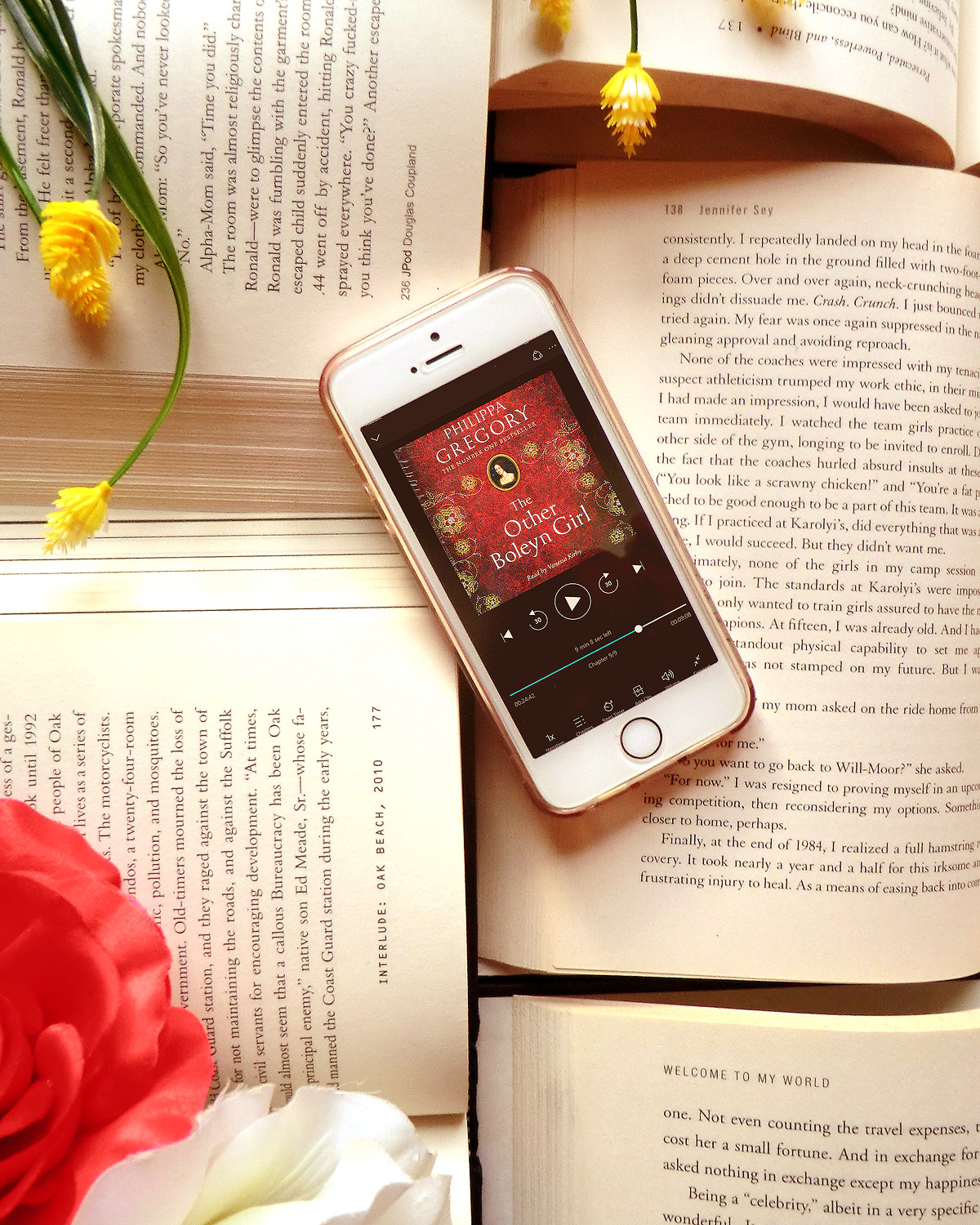 Similarly, pick up a Harry Potter book and you’ll find adverbs peppering the pages. I’m a huge fan of MC Beaton (RIP; she remains the most-borrowed author in the UK library system, fact fans) and she seasoned every page with adverbs.
Similarly, pick up a Harry Potter book and you’ll find adverbs peppering the pages. I’m a huge fan of MC Beaton (RIP; she remains the most-borrowed author in the UK library system, fact fans) and she seasoned every page with adverbs.
So. Many. Adverbs.
These authors are three of the absolute juggernauts of the last twenty years. They’ve sold more books than you or I could dream of. What’s more, I’ll argue vociferously (oh, no) against the idea that these books are trash. They’re not. They’re finely-detailed (oh, no), well-plotted, beautifully-characterised (oh, no). They may not be literary, but they’re accomplished works of fiction.
If big name authors can adverb all over their work, why can’t you?
No to adverbs: agents and editors hate them
The most practical argument against adverbs is that they’re a pet peeve of so many people in the publishing industry.
I once received a critique on a short story, where the reader literally (ack) circled every adverb and made scant other commentary. Listen, I get it. For many readers, especially professional readers, their eye twitches every time they see an adverb.
The bottom line is: when agents and editors read your fiction, they’re looking for reasons to toss it aside. They have a hundred other manuscripts to read.
You need to make sure your writing is as clean as possible, so they’ll be drawn into the story. And, yep, that means getting rid of the adverbs that may annoy them.
Yes to adverbs: they’re great for emphasis
You’ll have noticed that I’ve used a fair few adverbs in this blog post.
Fair cop, guv’nor. I love an adverb. They’re satisfying to use. They add emphasis. They let you get hyper-focused in your use of language.
My personal feeling is: when you’re blogging, make the most of adverbs. Go wild!
Fiction is a different animal, however.
No to adverbs: your writing is more succinct without them
They may add pizzazz, but most adverbs on the page amount to … clutter. Take these examples:
He slammed his fist down angrily.
“Oh, I don’t know,” she said indecisively.
Nervously, she wondered if the job interview would go well.
You can strike through the adverb in each case without losing anything.
In a world where novels are fighting with TV, movies, gaming for people’s attention, you want your fiction to be snappy. If you can reduce wordage without losing meaning, why wouldn’t you?
Yes to adverbs: they can subvert a sentence
The adverbs mentioned above serve to underline the meaning of the sentence. Most of the time, this is needless. If a guy is slamming is fist down, the reader can intuit that he’s angry.
However, clever use of adverbs does the opposite. It takes an expected outcome and twists it.
Here, I’ll borrow an example from the excellent Self Editing For Fiction Writers by Renni Brown and Dave King, who write about good adverbs and bad adverbs.
“Killing me cruelly” is a bad adverb, because it underlines what’s already obvious. Killing is cruel, duh.
“Killing me softly” is a good adverb, because it changes the meaning of “killing” in an intriguing way.
No to adverbs: they harbour POV slips

As discussed, most “bad” adverbs may be needless, but they’re not adversely (yikes) affecting the quality of the writing. Sometimes, however, they do make a story demonstrably (gack) worse.
How? They contribute to “head hopping” or slipping out of the narrator character’s POV and into someone else’s thoughts and feelings. Here’s an example:
“What’s the matter?” I asked.
“Oh, nothing,” Jane said nervously
The POV character, the “I” narrator, cannot know what Jane is thinking or feeling. Yet the author, slap-happy with adverbs, has slipped out of the protagonist’s POV and into Jane’s, in order to tell us that Jane is nervous.
Writers can avoid this type of POV slip and axe an adverb by using a small character action to communicate that Jane is nervous:
“What’s the matter?” I asked.
“Oh, nothing.” Jane fidgeted with her sleeve and looked down.
No to adverbs: they’re a sign you’re not digging deep enough
Like the nervous Jane example shows, adverbs can reveal lazy writing. The author knows Jane is nervous and the quickest, easiest way to communicate that is to throw down a “nervously”.
Should we satisfy ourselves with quick, easy, lazy writing? My opinion is: no.
Instead of relying on adverbs, use the opportunity to dig deep into what your characters are thinking, feeling, doing. Zero in on their microexpressions; uncover their thoughts; show them behaving in messy, weird, human ways.
Resources for recovering adverb addicts
Adverbs are a mode of language like any other. I don’t agree with views of the prominent author mentioned above, who decried use of adverbs as a cardinal sin.
However, I do subscribe to the maxim that an adverb is guilty until proven innocent.
I’m a recovering adverb addict myself and there are a couple of tools I use to stop myself from falling off the wagon.
Hemingway app is a free online editor that highlights all the adverbs in a piece of writing (along with other no-no’s like passive voice). It’s a useful “final look” for me to decide if that adverb is really (ack) innocent, rather than guilty.
The Emotion Thesaurus by Angela Ackerman and Becca Puglisi is a handy go-to filled with minor character actions, like those mentioned in the Jane example above, to use instead of adverbs. The authors also have a useful website, Writers Helping Writers.
After reading this, how do you feel about adverbs? Are you ready to go to battle for them? Let me know in the comments.
Pin this post:
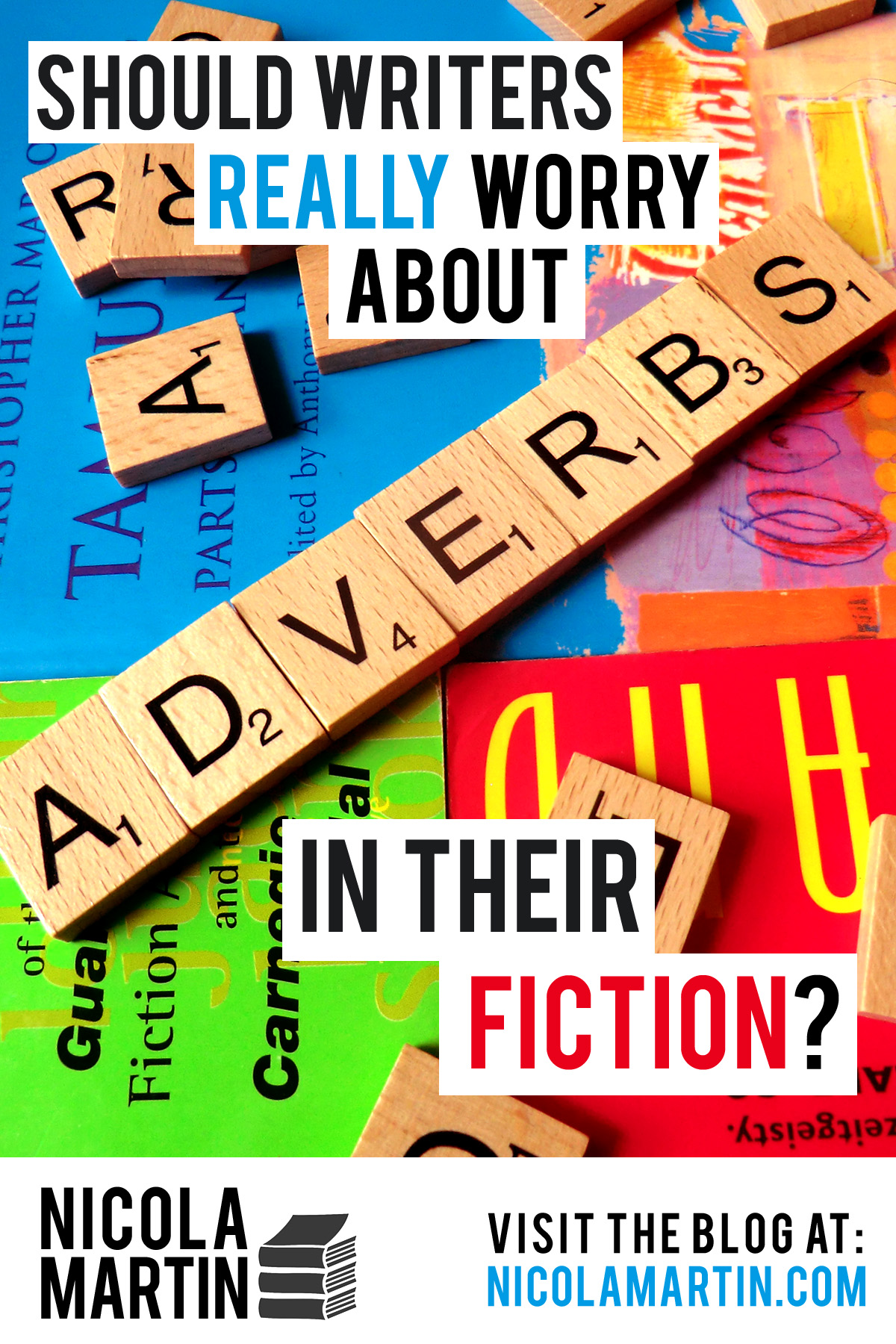
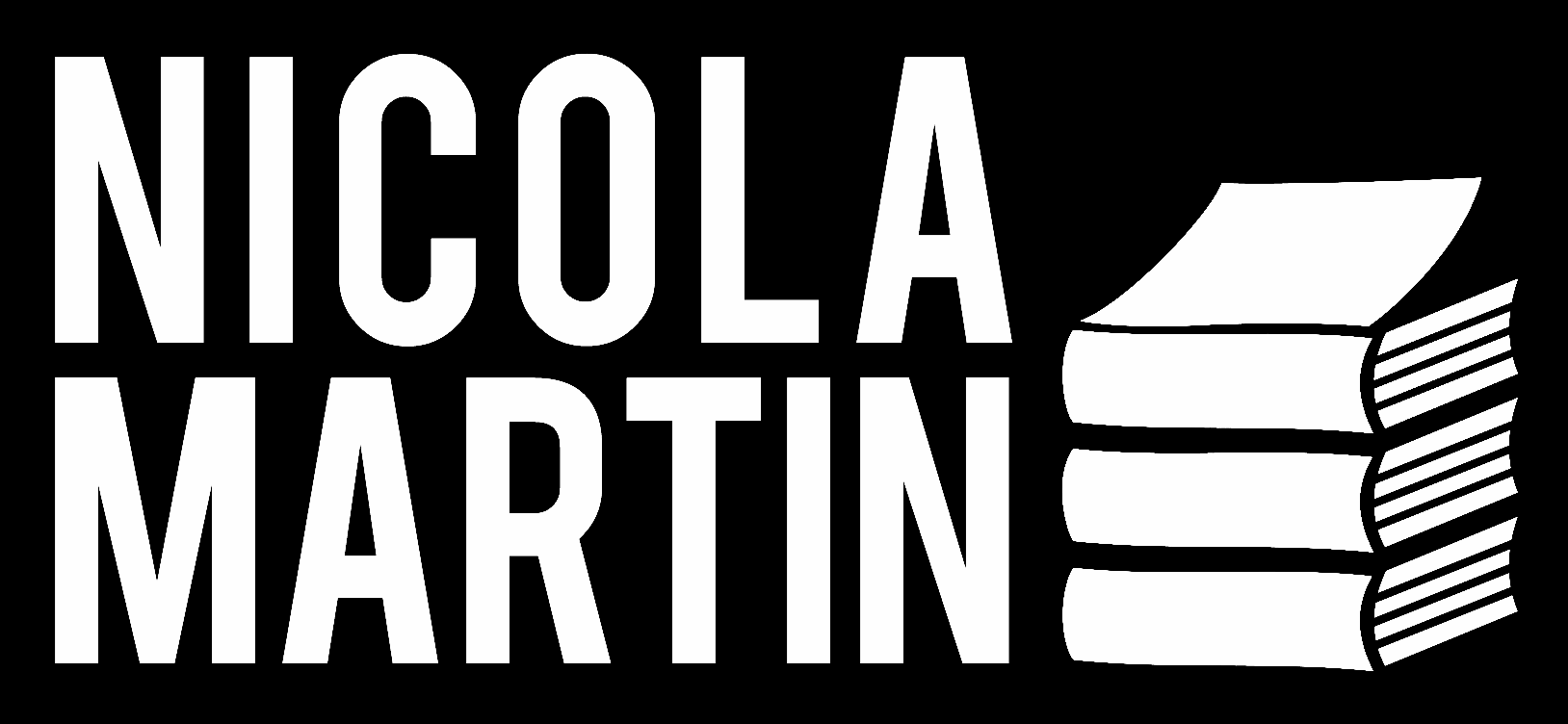

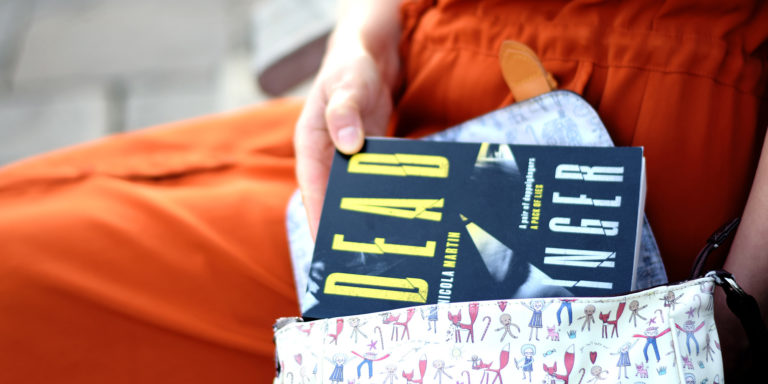

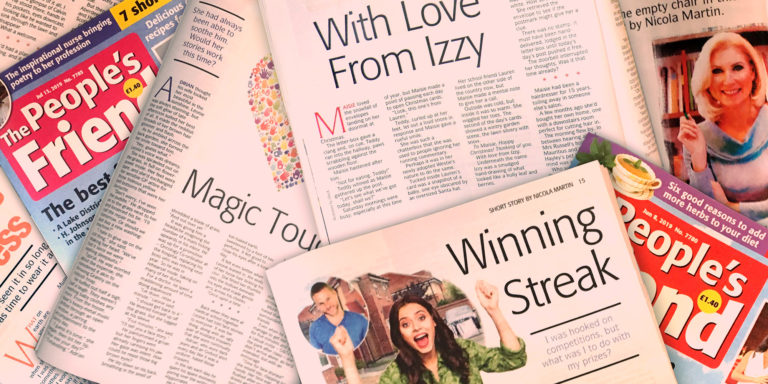
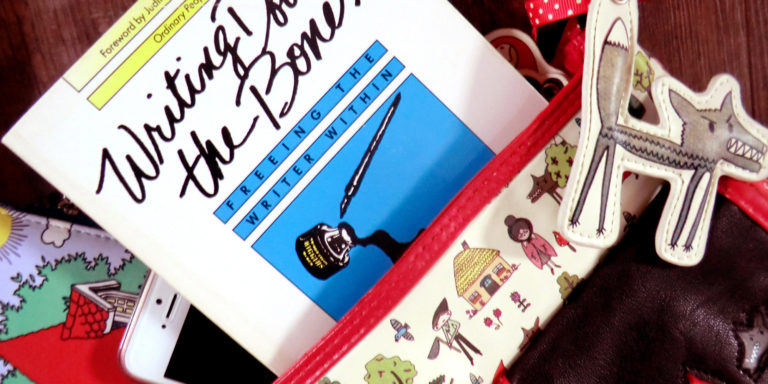
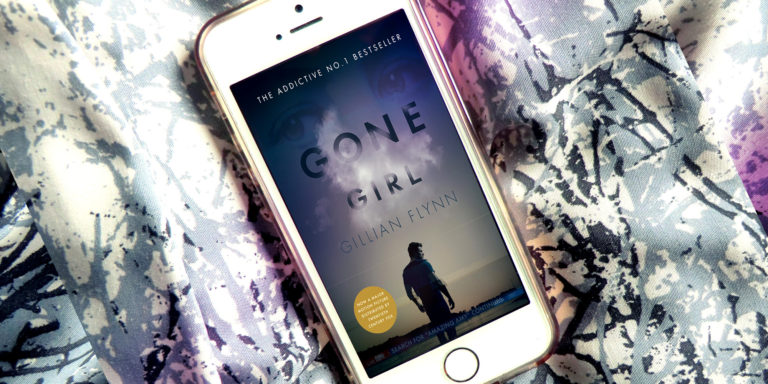

While it may be true that over use of adverbs may result in less elegant or even poor quality writing, I feel too much adverse hype is being created now a days about the use of adverbs. If you read classics of English literary fiction of nineteenth and early twentieth century you will find that their authors had no such qualms about using adverbs. It is a bogey created by lazy editors who use it to reject any manuscript they don’t particularly like.
The Emotional Thesaurus you refer to sounds more like a manual of medical symptoms. Any author takins the help of a crutch like this in his writing is not likely to go too far. The over usage of such Thesauruses by authors, which is bound to happen, as every other website and expert on writing is recommending these days, will soon lead to creation of a new genre of cliches.